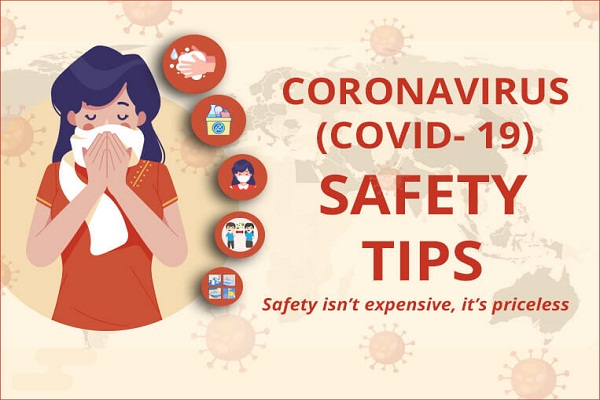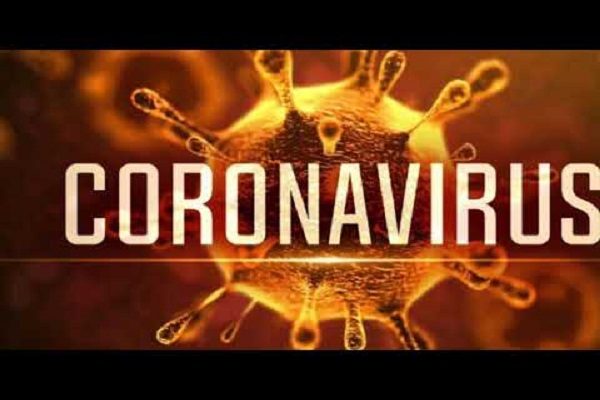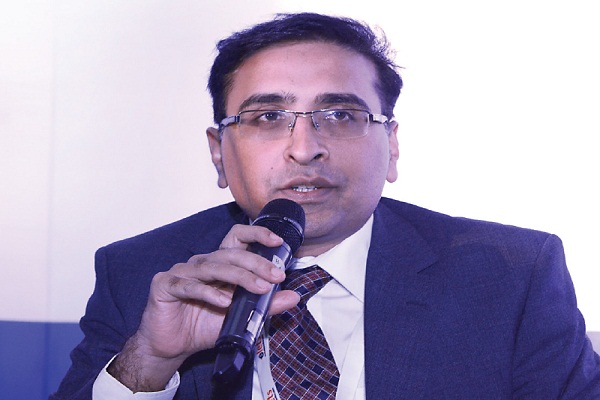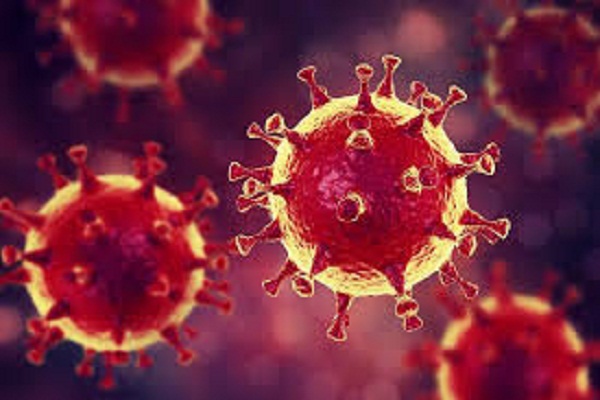
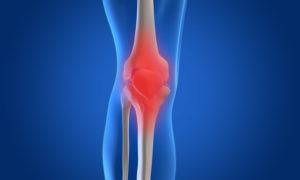 Millions of Indians suffer from Knee Osteoarthritis (OA) which adversely affects their quality of life. Its prevalence in India is estimated to be nearly 29% (Pal et al, Indian Journal of Orthopaedics, 2016). OA is characterized by joint degeneration commonly due to wear and tear. Initial management generally involves activity modification (avoidance of squatting, cross-legged sitting etc.), weight management, regular healthy exercise, muscle strengthening Physiotherapy, and pain-relieving medications. Additional treatment is required if symptoms are not adequately controlled by the above measures. It is common knowledge that advanced cases of knee OA can be managed by total Knee Replacement (TKR). However, awareness about other treatment options for knee OA is extremely limited. Alternatives to TKR for knee OA include biological & regenerative treatments, partial knee replacement (PKR), and leg realignment surgery.
Millions of Indians suffer from Knee Osteoarthritis (OA) which adversely affects their quality of life. Its prevalence in India is estimated to be nearly 29% (Pal et al, Indian Journal of Orthopaedics, 2016). OA is characterized by joint degeneration commonly due to wear and tear. Initial management generally involves activity modification (avoidance of squatting, cross-legged sitting etc.), weight management, regular healthy exercise, muscle strengthening Physiotherapy, and pain-relieving medications. Additional treatment is required if symptoms are not adequately controlled by the above measures. It is common knowledge that advanced cases of knee OA can be managed by total Knee Replacement (TKR). However, awareness about other treatment options for knee OA is extremely limited. Alternatives to TKR for knee OA include biological & regenerative treatments, partial knee replacement (PKR), and leg realignment surgery.
Biological & Regenerative Treatments: These are novel, non-surgical treatment options for knee OA. Substances which are naturally found in the human body are used to facilitate healing of a worn-out joint. They help relieve symptoms and reduce or avoid the use of pain-killers altogether. Due to their biological nature, these treatments are generally considered safe. The following treatments have demonstrated beneficial effects in patients with knee OA.

Platelet Rich Plasma (PRP): Platelet cells normally present in human blood are packed with growth factors. They can help reduce inflammation and promote healing of an arthritic joint. PRP is prepared by withdrawing a small amount of patient’s own blood and centrifuging it. A carefully separated portion of the centrifuged material which has a high concentration of platelets is injected into the arthritic knee joint. Scientific literature shows that PRP injection improves symptoms of knee OA and can help delay surgery (TKR).
Bone Marrow Aspirate Concentrate (BMAC):BMAC is prepared by extracting Bone Marrow from patient’s pelvic bone using a special needle. A centrifuged fraction rich in Stem Cells is injected into the arthritic joint. Stem cells can transform into different tissues including Cartilage, and have regenerative potential. Researches shows that BMAC injections help improve pain and activity levels in patients suffering from knee OA.
Hyaluronic Acid (HA): Synovial Fluid naturally present in the knee joint provides lubrication, nourishment and acts as a shock absorber. HA is an essential component of normal synovial fluid. The quality of HA deteriorates in knee OA which affects synovial fluid function resulting in symptoms. HA injection can help improve the quality of knee joint fluid and thus relieve symptoms.

Autologous Protein Solution (APS):This utilises a fraction of patient’s own blood which is rich in anti-inflammatory substances and growth factors. It counteracts the ongoing process of cartilage damage and promotes healing in the joint. Evidence shows that APS injection helps relieve pain, stiffness, and aid function in patients suffering from knee OA.
Partial knee replacement (PKR): PKR simply means replacing only the damaged portion of the knee as against TKR, which involves replacing the entire knee joint. Thus, the rest of your healthy knee joint is preserved. PKR is minimally invasive with a smaller incision and usually results in lesser pain. It is a muscle, ligament and bone preserving procedure which allows quicker recovery. Patients frequently state that the knee feels more natural and may also bend better as compared to TKR. They are often more satisfied and return to normal activities faster. It is particularly suitable for those who want to return to an active lifestyle.
Leg Realignment Surgery (Osteotomy): Realignment surgery involves controlled alteration of the patient’s leg alignment in order to transfer body weight from the arthritic part to the healthy normal part of the knee. Consequently, reduced loading of the arthritic part helps relieve patient’s symptoms and can avoid knee replacement surgery.
While choosing a treatment for your knee arthritis, discuss all possible alternatives with your surgeon in order to select the best treatmentsuited to your lifestyle and needs.
(Writer Dr Siddharth Shah is Joint Replacement Surgeon, SL Raheja Hospital, Mahim. Views expressed are a personal opinion.)
Be a part of Elets Collaborative Initiatives. Join Us for Upcoming Events and explore business opportunities. Like us on Facebook , connect with us on LinkedIn and follow us on Twitter , Instagram.


